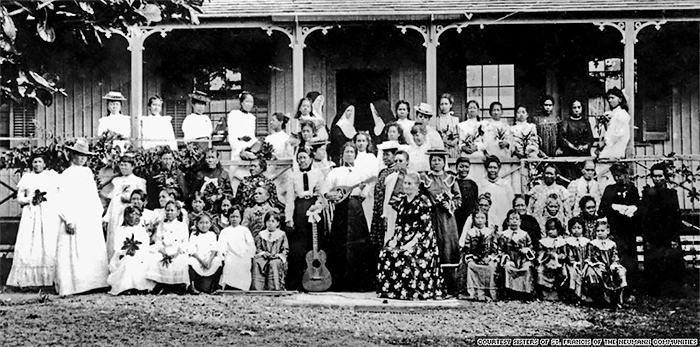
One of the great iconoclasts of our age, Simone Weil, was fond of pointing out that there are many rooms in the house of idolatry. “One can take as an idol,” she states, “not something made of metal or wood, but a race, a nation, an idea, a philosophy, a religion, something just as earthly. All of these can be essentially inseparable from idolatry.” When Christ states that no one can be a true disciple of his unless he or she first hates his father, mother, wife, husband, children, brothers, sisters, and even his or her own life, the harshness of that statement must be understood precisely in the context of idolatry. Family can be idolatrous if it lets its demands get in the way of the higher dictates of charity and respect. What does this mean? How can family, which is itself a sacred concept (and one which is under siege today and needs all the defense that the churches can give it), be idolatrous? For all its sacredness and importance, the natural family must always be subservient to the higher family, the family of charity. Jesus himself clearly affirms this when he says, “Who are my mother, and brother and sisters? Those who hear the word of God and keep it!” In Jesus’ view, only one kind of family does not, at a point, have to give way to something higher and more important than itself. The family that is constituted by “charity, joy, peace, patience, goodness, longsuffering, faith, fidelity, mildness, and chastity” is the only normative family. It’s bonding alone that is nonrelative. All other families are subservient to it. To deny this is to break the first commandment and worship the golden calf.
– Excerpt from Fr. Ron Rolheiser’s “Family as Idolatry”
